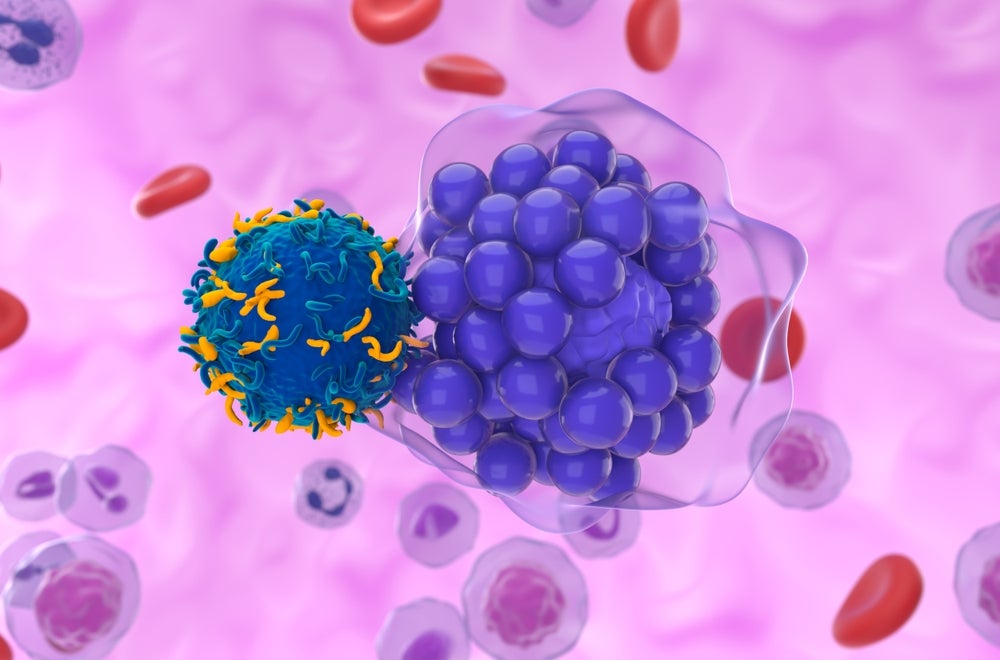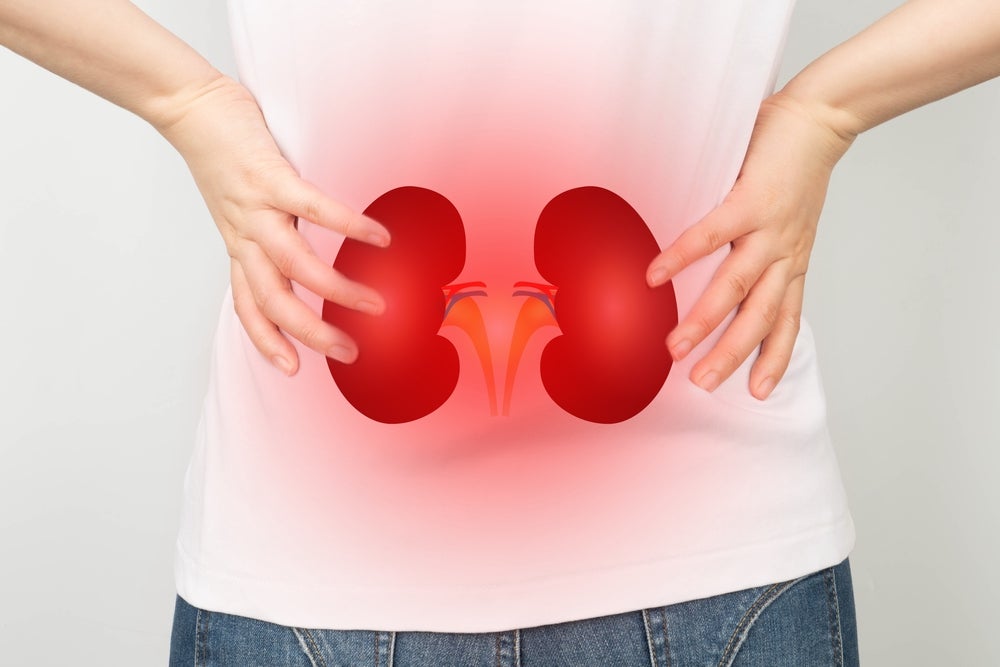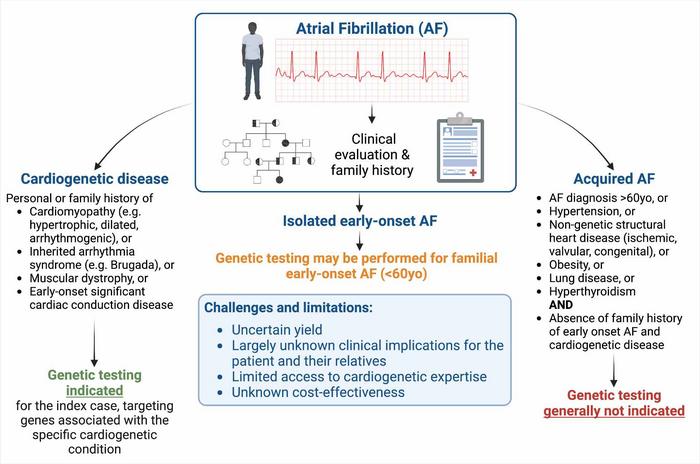Exclusive chemical recycling of PET from cloth waste and plastic waste mixtures
Tokyo, Japan – A research team led by Professor Kotohiro Nomura from Tokyo Metropolitan University has developed a method for the depolymerization of PET (polyethylene terephthalate) using alcohols and an inexpensive, readily available iron trichloride catalyst. This method can be applied to the selective chemical recycling of both textile and plastic waste mixtures. Credit: Tokyo […]

Tokyo, Japan – A research team led by Professor Kotohiro Nomura from Tokyo Metropolitan University has developed a method for the depolymerization of PET (polyethylene terephthalate) using alcohols and an inexpensive, readily available iron trichloride catalyst. This method can be applied to the selective chemical recycling of both textile and plastic waste mixtures.

Credit: Tokyo Metropolitan University
Tokyo, Japan – A research team led by Professor Kotohiro Nomura from Tokyo Metropolitan University has developed a method for the depolymerization of PET (polyethylene terephthalate) using alcohols and an inexpensive, readily available iron trichloride catalyst. This method can be applied to the selective chemical recycling of both textile and plastic waste mixtures.
Plastic waste is a significant environmental issue that requires urgent attention. However, the rate of plastic reuse (material recycling) remains low, particularly in the case of chemical recycling into raw materials, a process known as chemical recycling. Polyesters, which consist of repeated “ester bonds” formed by the reaction of carboxylic acid and alcohol, are commonly used in plastic bottles and clothing. If these ester bonds could be completely broken, polyester could be reverted to its raw materials. Conventional methods, however, necessitate high temperatures and large amounts of acidic or basic substances. Therefore, a simple, cost-effective, and environmentally friendly method is highly sought after. Additionally, there is a global demand for the development of selective depolymerization of polyester from plastic waste, especially from textile waste, which is a mixture of polyester and cotton.
The research team has now developed a method for acid- and base-free depolymerization of PET bottles using ethanol and either FeCl3 or FeBr3, yielding diethyl terephthalate (DET) and ethylene glycol (EG) with high selectivity (98-99%). Iron trichloride (FeCl3), which is inexpensive and widely available, demonstrated superior catalytic performance at 160-180 ºC, comparable to their previous results using titanium catalysts[1]. Notably, this method enabled the exclusive and selective depolymerization of PET from textile waste, which comprises PET and a mixture of PET and cotton, yielding DET and EG while quantitatively recovering cotton waste. The catalyst also facilitated the selective depolymerization of PET from plastic waste, including polyethylene.
The development of a straightforward method for the exclusive and selective depolymerization of PET is particularly desired for the chemical recycling of textile waste. This method of exclusive chemical recycling of PET from plastic wastes offers a promising solution for achieving a circular economy.
This work was supported by JST CREST program (Grant Number JPMJCR21L5), within the Research Area “Precise Material Science for Degradation and Stability,” and the Research Theme “Development of Bio-Based Advanced Polymers and their Depolymerization, Chemical Recycle.”
****
[1]A “Depolymerization of polyesters by transesterification with ethanol using (cyclopentadienyl)titanium trichlorides”, Y. Ohki, Y. Ogiwara, K. Nomura, Catalysts, 13, 421 (2023).
Glossary
Polyester, Ester Bonds:The chemical bond (R’COOR) formed by dehydration of the hydroxyl group (ROH) of an alcohol and the carboxy group (R’COOH) of a carboxylic acid is called an ester bond, and a polymer formed of repeating units of ester bonds is called a polyester.
Chemical Recycling:A recycling method in which used resources are chemically treated and converted into other chemical substances for reuse. In this case, it means converting used plastics into raw materials before manufacturing or synthesis.
Selectivity:The ratio of target compound to reacted substrate or raw material.
Journal
Industrial Chemistry and Materials
DOI
10.1039/D4IM00081A
Article Title
Depolymerization of PET with ethanol by homogeneous iron catalysts applied for exclusive chemical recycling of cloth waste
Article Publication Date
6-Aug-2024
What's Your Reaction?

































